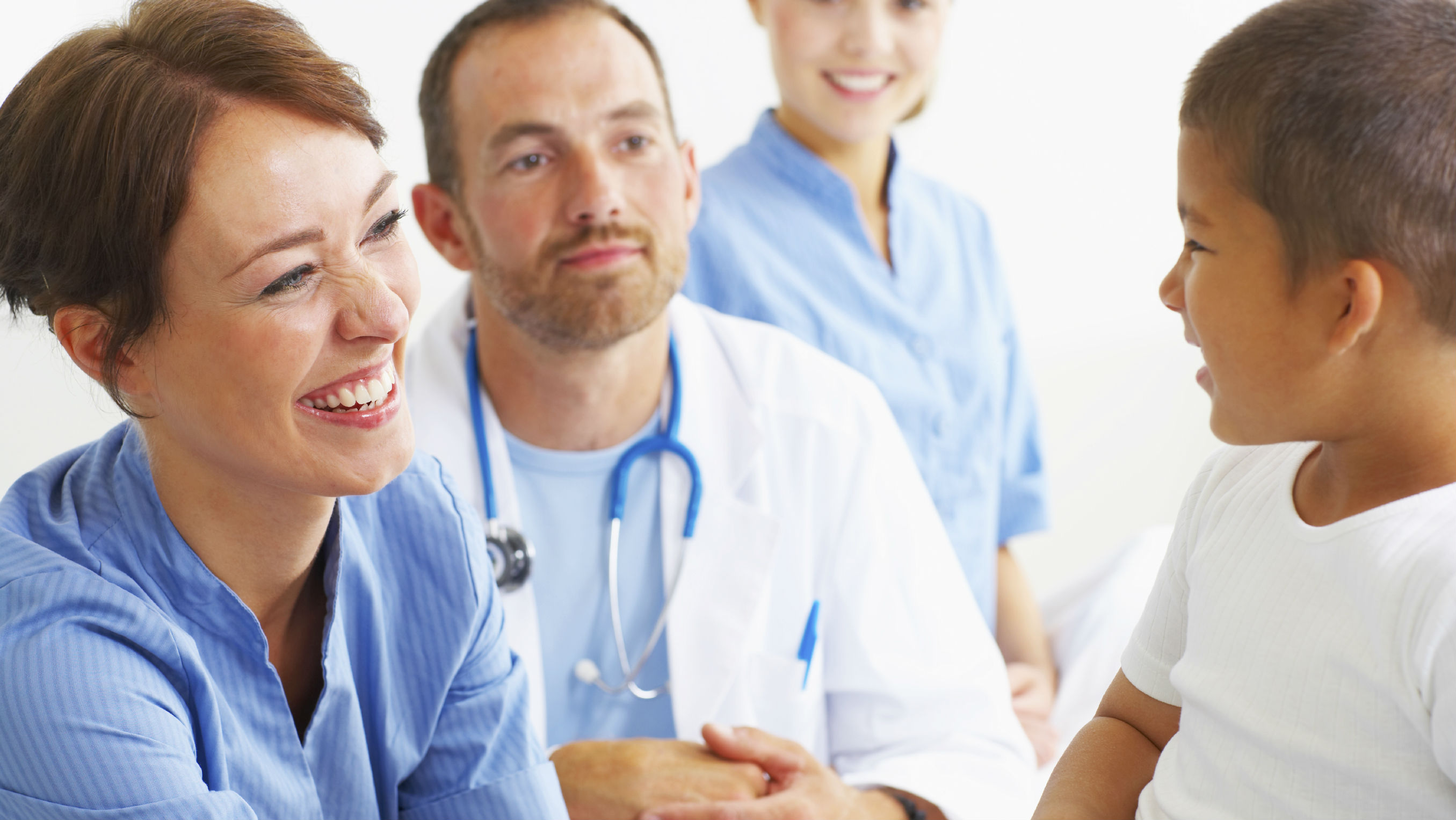A new gene test can identify which patients are likely to suffer more aggressive forms of the childhood cancer rhabdomyosarcoma, new research reports.
Examining the activity of only five genes in a sample of the tumour was enough to identify high-risk children who might benefit from more intensive treatment or from new therapies in clinical trials.
The findings, published today in the journal Clinical Cancer Research, could open up the opportunity for doctors to prescribe personalised treatment for children with cancer depending on the gene activity of their tumours.
This five-gene signature, known as MG5, was developed by researchers at The Institute of Cancer Research, London.
It has now been validated in tests of samples from 68 patients led by scientists from the Children’s Oncology Group in the US, in collaboration with the ICR.
The work was supported in the UK by the Chris Lucas Trust and the NIHR Biomedical Research Centre at The Royal Marsden and the ICR, and also received funding from the US National Cancer Institute and Fondation Medic.
The test for gene activity – known scientifically as gene ‘expression’ – is the first to be able to predict accurately which children with a type of rhabdomyosarcoma called ‘fusion-negative’ will have more aggressive forms of the disease.
Children with fusion-negative tumours lack a particular genetic defect often found in rhabdomyosarcoma that results in two genes, called PAX3 and FOXO1, becoming fused together.
Rhabdomyosarcoma – the most common soft tissue sarcoma in children and adolescents – looks like muscle tissue, and its severity depends on various factors including where in the body it developed.
Previous work at the ICR has shown that fusion-negative patients generally have a lower risk of developing aggressive disease than fusion-positive cases.
But in the new study, researchers showed that the ICR’s MG5 test splits fusion-negative patients into two distinct groups, based on the activity of the five genes. Patients with high scores have significantly worse survival chances than those with low scores, suggesting the test could ultimately be included in assessment of children with rhabdomyosarcoma across Europe and the US to decide the best treatment option.
UK study leader Professor Janet Shipley, Professor of Cancer Molecular Pathology at the ICR, whose laboratory originally developed the test, said: “Our research showed a significant link between a particular gene signature from tumour samples and higher-risk, aggressive rhabdomyosarcoma. This study is an important step towards introducing an approach that identifies children who are unlikely to benefit from current, standard treatments and can be offered more intensive or new treatment strategies that will improve their outcome.”
“We now hope to bring our test for this gene signature to the clinic as soon as possible. Our aim is to identify these high-risk cases of rhabdomyosarcoma more quickly in the clinic, and ultimately improve treatment for these children.”
Professor Paul Workman, Chief Executive of the ICR, said: “We’re determined to bring the same kind of molecular advances that are starting to transform treatment for adult cancer patients to children too. A key step is to begin dividing up children’s cancers depending on their genetics and gene activity, so that we can adjust their treatment according to the aggressiveness of the disease. That should help us to increase the chances of survival in those with aggressive cancer, while easing the side-effects from treatment in less deadly forms.”
